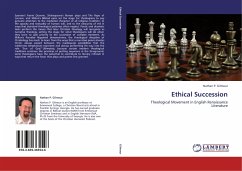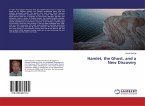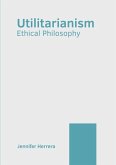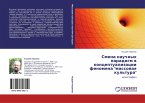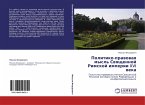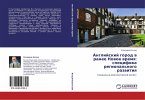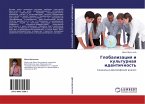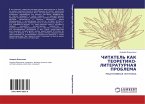Spenser's Faerie Queene, Shakespeare's Roman plays and The Rape of Lucrece, and Milton's Biblical epics set the stage for theologians to pay genuine attention to the mediated character of all religious tradition, to the opacity and textuality of human will, and to the obscurity of evil in ways that standard theological polemics often neglect. Poetic and dramatic texts perform the moves that later Christian theology will recognize as narrative theology, setting the stage for what theologians will do when they learn to give priority to the succession of complex moments. As Milton's Paradise Regained demonstrates, the theological discipline of Christology has much to learn from the ways that a narrative poem situates Christ, always poised between the inadequate possibilities that the wilderness temptations represent and always performing His way into the role "Son of God." Ultimately, because certain modern theological traditions continue the practices of putting sequence in the foreground, some theologians have the potential to contribute to literary criticism in ways that return the favor that plays and poems first granted.
Hinweis: Dieser Artikel kann nur an eine deutsche Lieferadresse ausgeliefert werden.
Hinweis: Dieser Artikel kann nur an eine deutsche Lieferadresse ausgeliefert werden.

